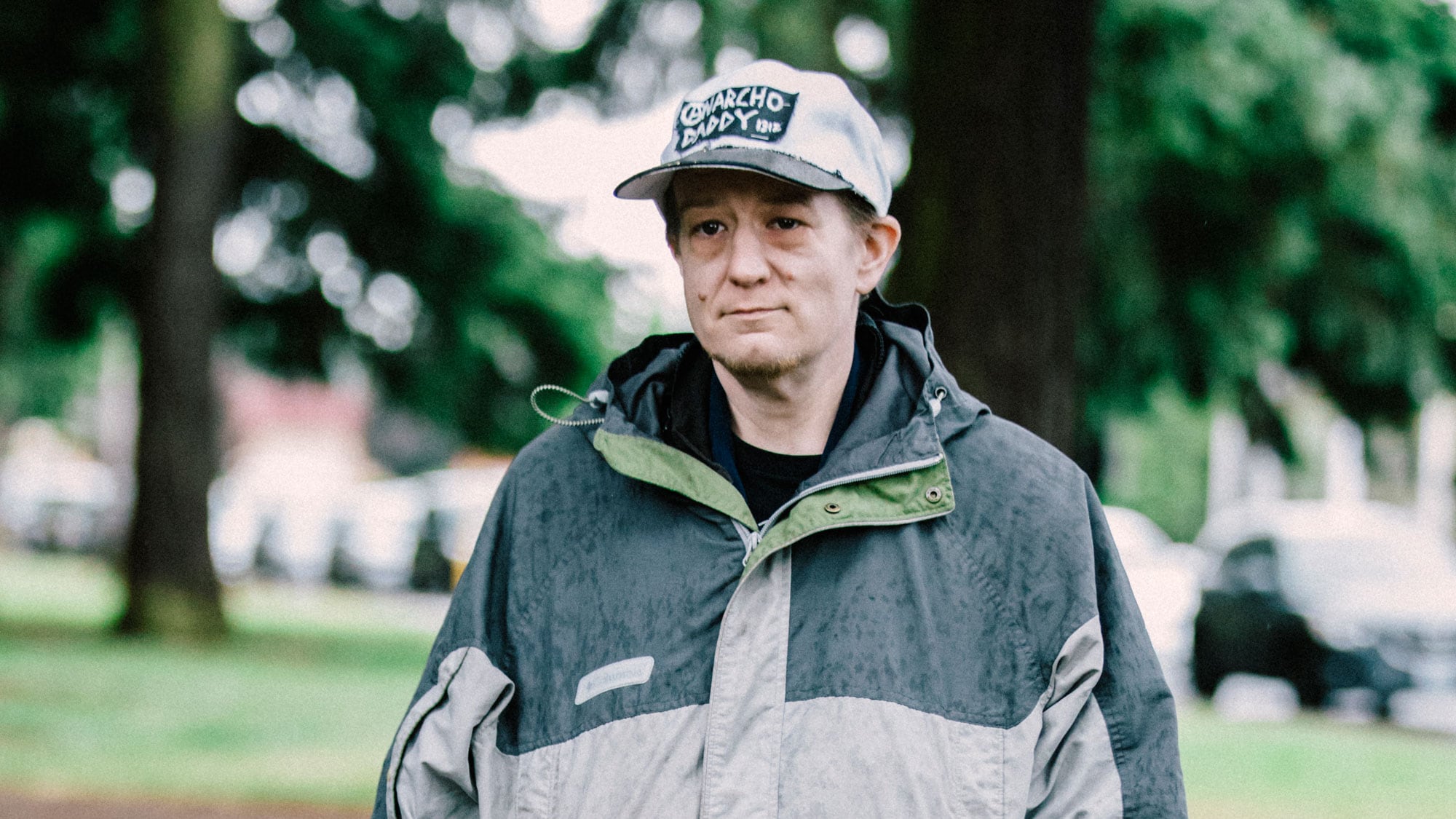Pride started as a riot.
It's easy to forget now, but the annual celebration of LGBTQ unity was an outgrowth of the six-day uprising against police following the 1969 raid on the Stonewall Inn, a longtime hub for New York's gay community.
Today, what started as a protest against police brutality has grown into a corporate-sponsored event in almost every major U.S. city and around the world. Corporations like Nike and U.S. Bancorp can be seen with their logos splashed across rainbow paraphernalia for a few weeks every year.
Some might see that as progress. But for Portland's Queer Liberation Front, it's a sign that Pride has been co-opted by capitalist forces. That's why, on June 16, the organization is holding its first ever Radical Pride March—to reconnect the event with its political roots.
WW spoke to QLF member Tony Hadden about how the group's vision of Pride differs from the official version.

WW: How do you define "Pride"?
Tony Hadden: Pride, to me, is being proud of yourself—being able to look at yourself in the mirror, being able to be confident that I can walk down the street and not be beaten up for holding my boyfriend's hand.
The Queer Liberation Front is holding a "Radical Pride March." Is that to be interpreted as anti-Pride?
It is actually not an anti-Pride march. It is an anti-capitalistic Pride march. The belief is that capitalism has taken over Pride. Now it is sponsored by corporations who do not actually have our best interest at heart. They're basically looking for money and for a way to cash in. The city of Portland is cashing in on gay lives, while we are dying on the streets or dying in jail.
Isn't the fact that major corporations are willing to associate their names with the LGBTQ community a sign of progress?
If they were really caring about our cause and caring about us, they would be viewing us not as a cash cow but as a community that is vulnerable and that needs to be protected year round. The rainbows only come out two months a year.
So what does a Radical Pride March look like?
Basically, it is just a gathering of community members to celebrate who we are, outside of what the corporations think we should look like or how we should act.
How is your message different from that of the official Pride?
Because we are trying to get back to the roots of what Pride is, actually. The first Pride was a bunch of trans people throwing rocks at the police after being brutalized at Stonewall. The first Pride was a riot. It wasn't a party. This is real political, social motivation and justice. That's what we're about. We're not here about partying. We're here about who we are. We are humans and we deserve to be acknowledged—more than by just rainbows.
Do you feel like the LGBTQ community has grow complacent?
Unfortunately, yes. It was really awesome that we got the right to get married, but now we are coming to the fact that bakers are refusing services to people. There are people putting up signs all across the South, "No Gays Allowed." Me, identifying as a trans man, if that got out in the wrong spaces, I could be hunted down and beaten on the Portland streets.
People who are more central-leaning or even right-leaning on the political spectrum tend to be more complacent about their rights, and they think, "Well, you know, they're going to happen eventually." But that's a disadvantage for us, because we need our rights now. People are dying on the streets now. We can't wait for next year, we can't wait for 10 years from now. I mean, people are killing themselves. I've had people die in the last couple weeks. It's life and death. And people don't feel that. And that's what I think is the danger.
The Radical Pride March starts at Tom McCall Waterfront Park on Saturday-Sunday, June 16-17, at noon.

Q&A With Dyke March Organizer Belinda Carroll | Q&A With Queer Liberation Front Member Tony Hadden | Q&A with Greater Portland Trans Unity
Eleven Years and Multiple Venue Changes Later, Blow Pony Remains Portland's Wildest LGBTQ Dance Party | Five More Queer-Centric Dance Parties In Portland
An All-Portland Pride Playlist | A Pride Events Calendar
Portland Still Has Work To Do in Meeting LGBTQ Mental Health Care Needs
When I Had No Place Else To Go, I Lived in One of Portland's Last Bathhouses

